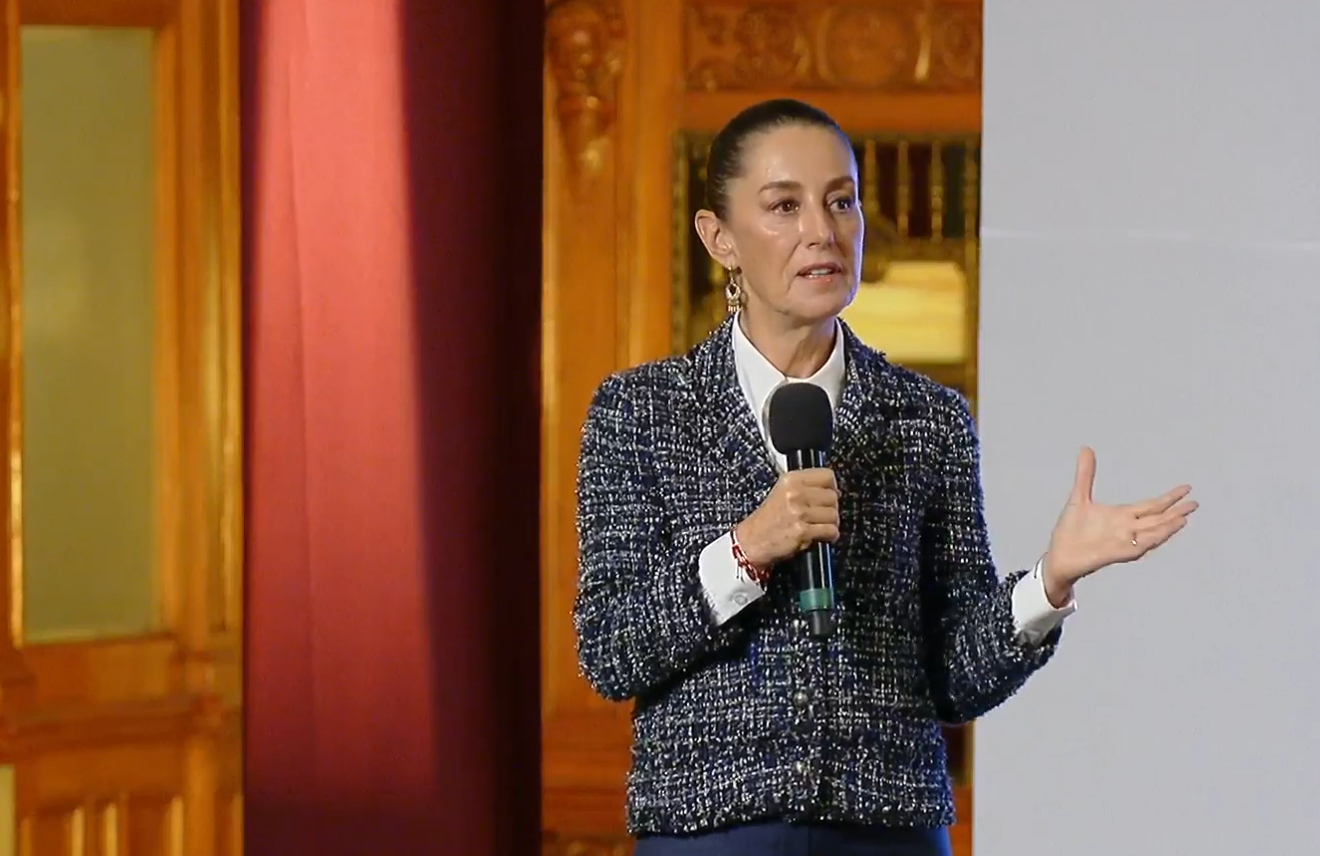Claudia Sheinbaum's Standoff with Strikes and Snacks
Sheinbaum takes on judicial reform, strikes, and ultra-processed foods in a fiery People's Morning Conference. With wit and sass, she navigates controversies, guarantees justice for Marcelo Pérez, and supports healthy school initiatives.

Well, it’s Monday again, and you know what that means. Another day, another edition of the People’s Morning Conference, that daily spectacle where Claudia Sheinbaum stands in front of the press, pretending to make everything sound all fine and dandy, while, behind the scenes, the wheels are falling off faster than a used car bought at a discount lot in the dodgiest part of town.
Now, if you’re like me, the mere thought of attending anything resembling a "conference" makes your heart sink faster than an over-engineered, eco-friendly car attempting to go uphill. But, for those brave souls still keeping up with the spectacle, this morning had all the drama of a high-octane political soap opera.




